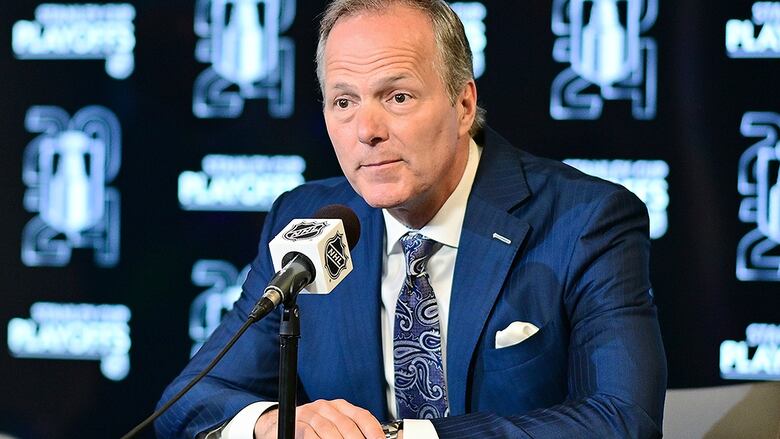 Downfall for NHL: Coach Jon Cooper Announces Retirement Due to Health Issues
Downfall for NHL: Coach Jon Cooper Announces Retirement Due to Health Issues
In a surprising and somber development that has sent ripples through the hockey world, Tampa Bay Lightning head coach Jon Cooper has officially announced his retirement from the National Hockey League (NHL) due to ongoing health issues. The unexpected departure of one of the league’s most respected and successful coaches marks a significant turning point for the NHL, signaling not just the end of an era for the Lightning, but also raising broader concerns about the intense pressures of professional coaching.
Jon Cooper, 56, has been the backbone of the Tampa Bay Lightning since taking over as head coach in 2013. Under his leadership, the Lightning transformed from a playoff hopeful into a perennial powerhouse, clinching back-to-back Stanley Cup championships in 2020 and 2021. Known for his cerebral approach to the game, Cooper brought a lawyer’s mind and a leader’s heart to the bench, earning the respect of players, fans, and peers across the league.
In his emotional retirement announcement, Cooper cited undisclosed but “progressively worsening” health issues as the main reason for stepping down. “This game has given me more than I could have ever imagined,” Cooper stated. “But right now, I need to prioritize my health and my family. Coaching at this level demands everything of you—and lately, I haven’t been able to give everything I have.”
The announcement came as a shock not only to Tampa Bay but to the entire NHL community. Cooper was widely seen as a potential Hall of Fame coach and a key figure in the next generation of league leadership. His retirement leaves a substantial void, not only for the Lightning, who now face a critical transitional period, but also for the league, which is losing one of its most influential voices.
The news raises deeper questions about the physical and mental toll the profession takes on coaches. NHL coaching is a high-stress occupation with grueling travel schedules, intense media scrutiny, and constant pressure to deliver results. While players have access to advanced health resources and regular assessments, coaches often operate in the background—pushing themselves without adequate rest or care.
Lightning General Manager Julien BriseBois praised Cooper’s leadership and legacy, saying, “Jon didn’t just coach this team; he helped build its identity. His impact on our organization and the city of Tampa Bay will never be forgotten.” BriseBois added that the team will take its time in finding a successor who can continue Cooper’s legacy while bringing fresh energy to the bench.
As the NHL reflects on Cooper’s contributions, tributes have poured in from fellow coaches, former players, and league officials. Many have emphasized not just his tactical brilliance, but his integrity, calm demeanor, and ability to connect with players on a personal level.
Jon Cooper’s retirement is more than just a loss for Tampa Bay—it’s a moment of pause for the entire NHL. His departure is a stark reminder that even the game’s brightest minds are not immune to the wear and tear of the job. As fans and professionals alike look ahead, the league must begin to reckon with how it supports the well-being of those who lead from behind the bench.
